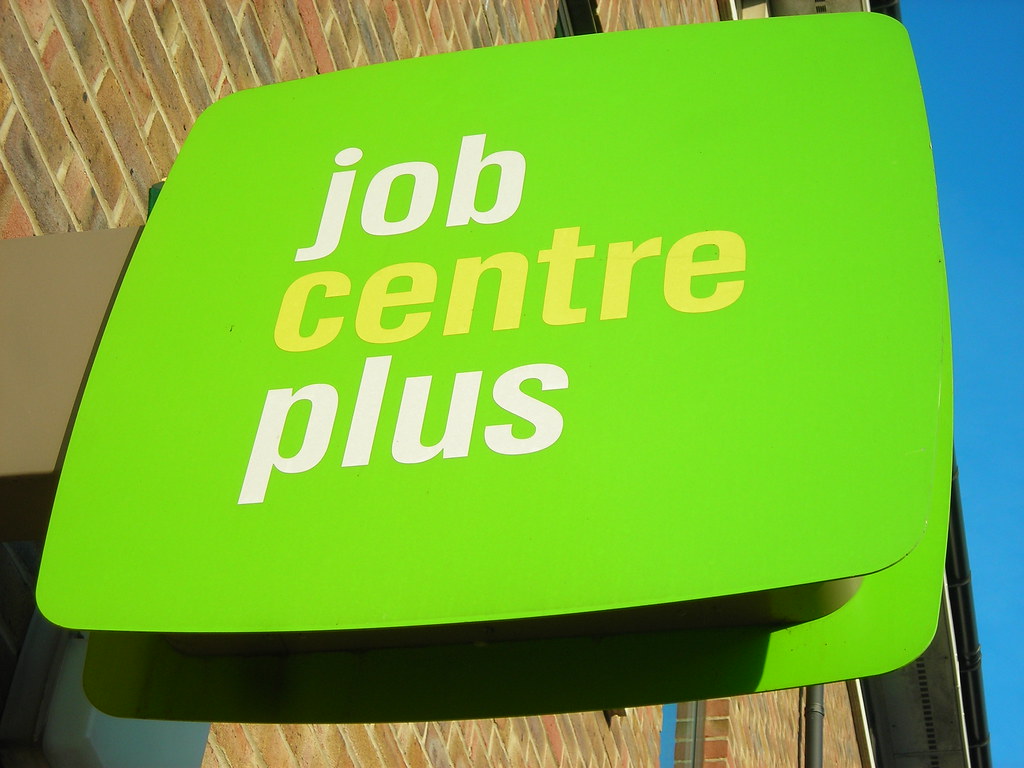The recent changes outlined for local authorities in Labour’s White Paper present a number of opportunities and challenges, Jonathan Bradley of Granicus explains, the key to success lies in tackling funding, service delivery and stakeholder engagement issues.
On the subject of battling problems, Jonathan offers advice about how councils can continue to deliver top quality services while facing pending changes, of which digital transformation remains at the heart.
Keeping residents engaged in the devolution process
As devolution begins to take shape, engaging with residents via two-way communications and taking them on a journey through the process is essential for local authorities and councils. If this relationship is not formed, residents may lose confidence in devolution plans and feel like their voices are not being heard. Strategic communications and thinking ahead are key to engaging with the public early on and encouraging interaction ahead of any big changes. As the process may equate to a degree of uncertainty for the general public, building confidence is so important from a local government perspective.
While external communication often takes priority, internal communication with staff and partners should not be undervalued. Staff may be fearful about the implications of devolution for their roles, so sensitivity is paramount. If the message is not owned by local authorities, there is a risk of other parties leading the narrative. This could lead to a loss of trust, impacting residents and their relationship to their local government in the future.
In our conversations with local government leaders, we’ve been discussing the value of additional internal engagement campaigns surrounding devolution. These will ensure that staff are fully aware of the proposals and what it means for them personally, as well as what is communicated with stakeholders.
Following the blueprint for modern digital services and sharing best practice
There is a real opportunity for local authorities to thrive during devolution and use it for service transformation to roll out next generation public services. Old, underperforming services can be refreshed and brought to life through modern, digital systems and solutions. This year the government published its blueprint for modern digital government which sets out plans for digital reform across the public sector. While there are digital services prevalent across the public sector, we are yet to fully move away from legacy solutions and truly embrace digital across the sector.
Particularly in light of plans for multiple authorities to join as one, it’s fundamental for each authority to go through the blueprint to digitise processes where possible and ensure digital-first processes are aligned once integration is complete. This prevents inefficient practices from being adopted during the merger process. This can be detrimental if all authorities are in the same situation, leading to bad processes being transferred into the combined authority. Instead, a merger can be an opportunity to start afresh by laying the foundations for innovation from day one.
The role of local authorities collaborating and sharing best practice around this is significant and when done well, will lead the charge in making devolution a success. That’s why Granicus launched the English Devolution Hub – a platform designed to support and empower local government and policy makers to understand and implement devolution policies. We’re well placed to guide local government through the complexities involved to improve the experience for customers, and the Devolution Hub provides a place for people to deliberate on how to best navigate devolution.
Our experience of supporting North Yorkshire through a previous devolution deal led to the development of North Yorkshire Council in 2023 and eventual introduction of the York and North Yorkshire Combined Authority in 2024.
Working closely with the customer, govService – our digital forms and services solution – was implemented and used to enhance interaction with residents. This shows the benefits of going fully digital with online processes to seamlessly connect with customers, staff, and departments.
Continuity of services and maintaining relationships from a distance
Like with any development project, migrating services from one to another can encounter challenges and careful planning is needed so the service is not impacted. With key issues such as adult social care and SEN in education, there are additional complexities associated with service users becoming geographically distanced during the merging of local authorities. There is a risk that SEN and adult social budgets will become more complex especially across regions that have multiple tiers of local government. This shows the importance of maintaining relationships from a distance and clearly communicating what the changes will be around big issues like these.
The devolution of local government is a transformative process that requires careful planning between central government, local authorities, and residents. Not only will a strategic and people-first approach strengthen trust between local authorities and residents, but it will also improve engagement with services and lead to a smoother integration process for public services to thrive in the future.
Image supplied via Shutterstock
In related news:
Is the government showing weakness through the leasehold debate?


















Leave a Reply